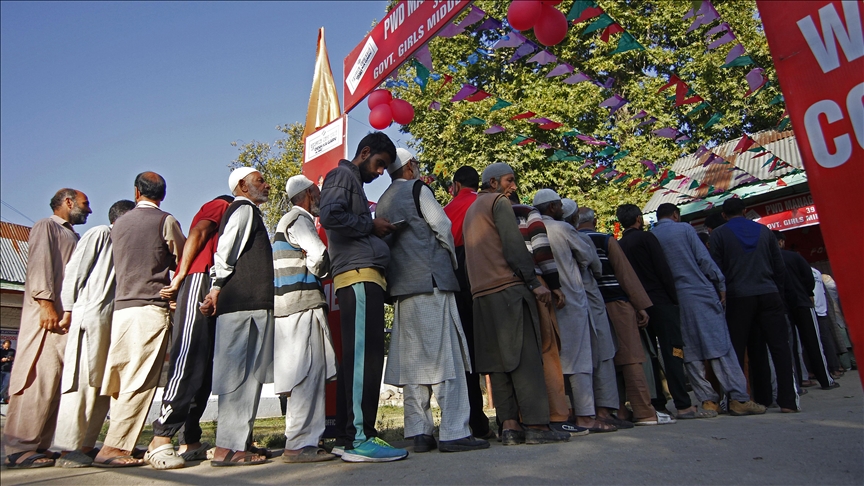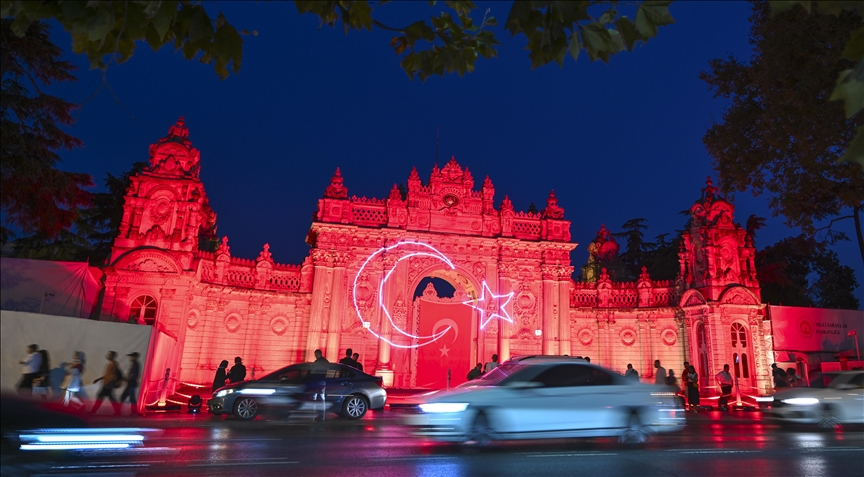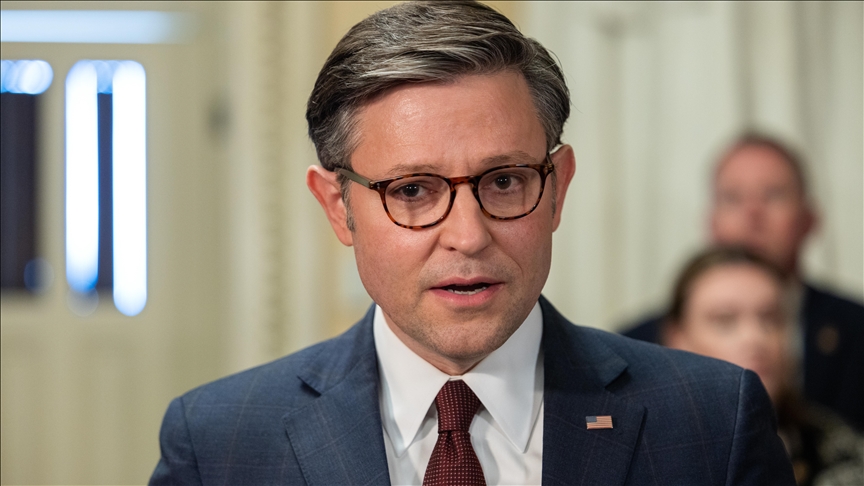Kashmiris elect parties opposed to scrapping of autonomy by India
SRINAGAR, Jammu and Kashmir
An alliance between Jammu and Kashmir’s oldest political party and India’s Congress on Tuesday won an election widely seen as a referendum on India’s Aug. 5, 2019 decision to scrap the region’s political autonomy.
The crucial election that will restore an elected representative government in the Indian-administered Kashmir for the first time in six years concluded on Oct. 1.
The National Conference-Congress alliance, which won 48 seats in the 90-seat local assembly, were set to form the first elected government in the disputed Muslim-majority region in six years. While National Conference emerged as the single-largest party with 42 seats, Congress won six.
From 2018 to Aug. 5, 2019, New Delhi ruled the region directly through a governor who wielded as much authority as an elected government.
It was then made a federally ruled territory and has since been under a lieutenant governor with even more powers, which prompted the region’s top pro-freedom leader, Mirwaiz Umar Farooq, to remark that the “polls lost the significance even before they began.”
The vote will lead to a limited transition of power from New Delhi to the local assembly, as Jammu and Kashmir will remain a union territory under direct federal control and the Indian parliament will be its top legislature.
The loss of autonomy and the resultant perceived disempowerment were key issues for most of the voters in Kashmir province. National Conference has made the first erosion of the region’s autonomy in 1953 a pivot of its politics, while Congress, which virtually hollowed out the autonomy in the 1950s and 1960s, had termed the August 2019 decision an attack on India’s federalism.
India’s ruling Bharatiya Janata Party (BJP), which considers the abrogation of the autonomy as one of its crowning achievements, won 29 seats in the Hindu-majority districts of the Jammu province, failing even to open an account in the Kashmir province, where the 35-year-old anti-India insurgency has ebbed but not entirely died down.
Omar Abdullah to be chief ministerial candidate
National Conference president and former two-time chief minister, Farooq Abdullah, announced that his son and former Chief Minister Omar Abdullah will be the alliance’s chief ministerial candidate.
Omar, who won from two constituencies, told reporters that “many political parties were propped up to destroy our party”.
“But now our priority will be to fulfil people’s expectations,” he said.
Another regional party, the People’s Democratic Party (PDP), won 3 seats, its worst performance since its founding in 1999. Analysts ascribed the rout to its decision to form a coalition government with the BJP in 2014 after seeking votes on the promise to keep the BJP out of power.
PDP has announced that it will support a secular government, ruling out any alliance with the BJP that is regarded as a Hindu supremacist party. Iltija Mufti, its star candidate and daughter of the region’s only-ever woman chief minister Mehbooba Mufti, lost from her home turf to an NC candidate.
Another upset was the Awami Ittehad Party of Sheikh Abdul Rashid, popularly known as Engineer Rashid, who defeated Omar Abdullah to win the election for the Indian parliament this year while being in jail on charges of terror funding. His party won a single seat in northern Kashmir.
He was surprisingly granted bail on Sept. 11 to campaign for his party, in a move his opponents said was aimed at dividing the Muslim vote in Kashmir. Jailed since August 2019, his bail ended on Oct. 2, leading his opponents in Kashmir to link him with BJP.
Anadolu Agency website contains only a portion of the news stories offered to subscribers in the AA News Broadcasting System (HAS), and in summarized form. Please contact us for subscription options.



